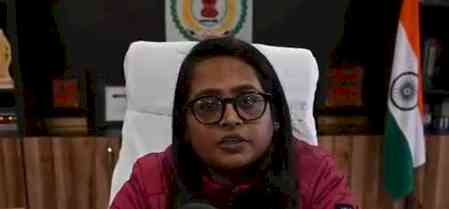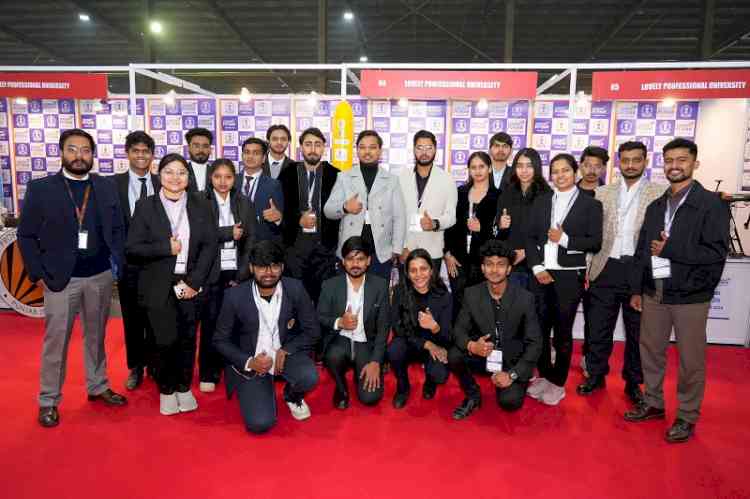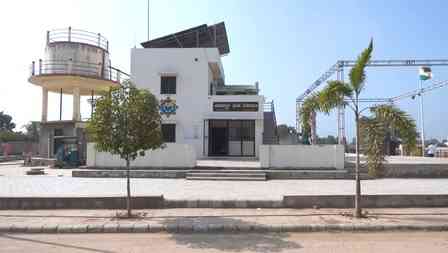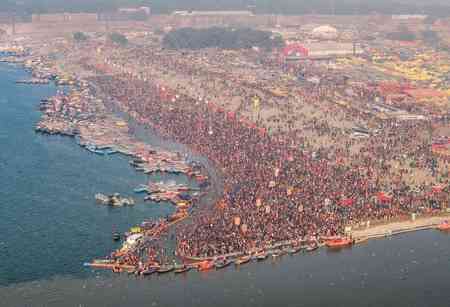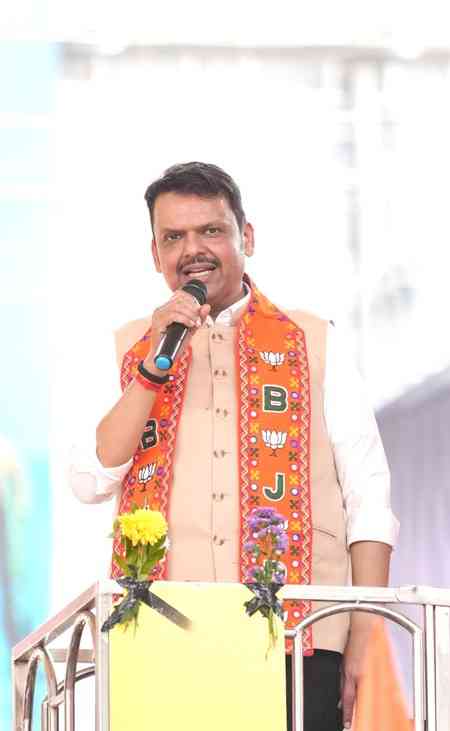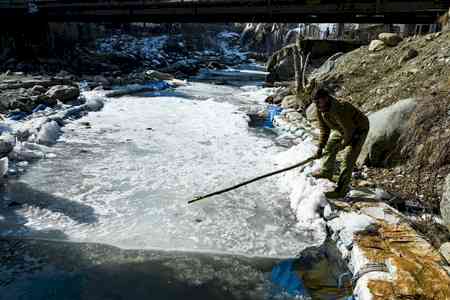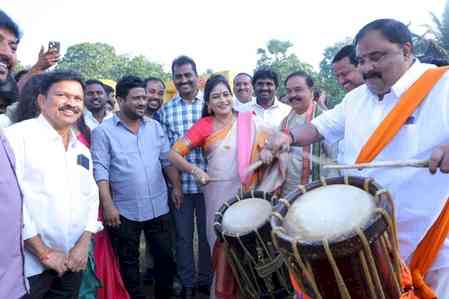Two days ICSSR sponsored National Seminar on “Understanding the Coverage of India in Foreign Media” concludes at Central University of Punjab
A two days ICSSR Sponsored National Seminar titled “Understanding the coverage of India in Foreign Media: The Biases, Challenges, Threats, and Opportunities” concluded at Central University of Punjab with the meaningful and interactive valedictory session on Friday. The event brought together media personalities, eminent educationists, researchers, and learners, who deliberated on various sub-themes, emphasizing the importance of evaluating India's coverage in foreign media to comprehend biases and devise counter strategies.
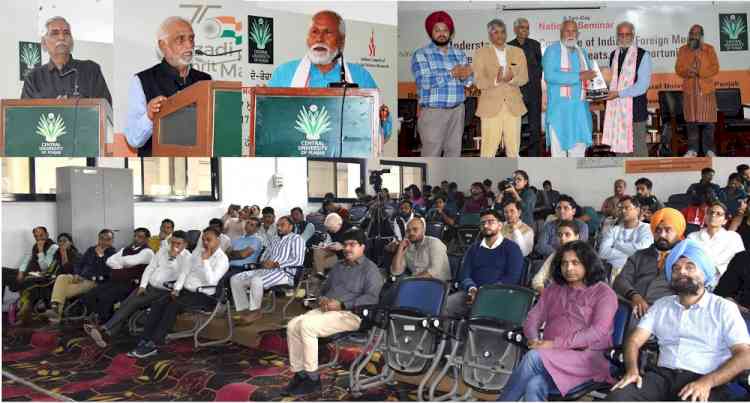
Bathinda, November 18, 2023: A two days ICSSR Sponsored National Seminar titled “Understanding the coverage of India in Foreign Media: The Biases, Challenges, Threats, and Opportunities” concluded at Central University of Punjab with the meaningful and interactive valedictory session on Friday. The event brought together media personalities, eminent educationists, researchers, and learners, who deliberated on various sub-themes, emphasizing the importance of evaluating India's coverage in foreign media to comprehend biases and devise counter strategies.
The valedictory session commenced with the welcome address by Prof. R.K. Wusirika, Dean Incharge Academics. Dr. Rubal Kanozia, Seminar Convener, presented a concise report, stating that this National Seminar included 29 paper presentations by faculty and research scholars across three technical sessions. The discussions highlighted the primary factor behind the significant influence of Western media content, attributing it to the higher interaction rate on their news content by individuals in our country. This phenomenon can be observed on social and digital media platforms. Such engagement has empowered Western media giants to sustain their narrative of negatively portraying India.
The keynote speaker of the valedictory session was Professor Baldev Bhai Sharma, Vice-Chancellor of Kushabhau Thakre National University of Journalism and Mass Communication in Raipur, Chhattisgarh. Prof. Sharma highlighted that throughout history, our greatest social thinkers, reformers, and saints have consistently guided us to adopt a human-centric approach rooted in the values of the bharatiya knowledge system. Despite this, there exists a tendency to perceive Western thoughts as superior and standardized, even when these are self-centric. Professor Baldev Bhai Sharma stressed that this preference for Western ideologies empowers Western media to perpetuate their supremacy by portraying a negative image of India. Prof. Sharma urged journalists to embody the soul of Bharatiya journalism by promoting our society’s strengths and bolstering national integrity along with providing authentic information.
The Chief Guest of the valedictory session, Prof B.K. Kuthiala, Eminent Professor, Former VC, MCU Bhopal and Former Chairman Haryana State Higher Education Council, Haryana, commended the organizers for choosing an out of the box topic. While emphasizing the significance of communication beyond media platforms, he pointed out that, despite foreign media's consistent efforts to portray a negative image of India, western intellectuals recognize the substantial contribution of the Indian diaspora to their economy. The nation's progress in the last few decades has prompted international researchers to explore India's strong potential to become a global soft power by the end of this decade. Prof B.K. Kuthiala asserted that Indian media professionals should comprehend the science of dialogue through Upanishads and enhance their credibility on the global stage by adhering to the principles of truthfulness, objectivity, and communication for social upliftment.
In his presidential address, Prof. Raghavendra P. Tiwari, Vice-Chancellor, CU Punjab, highlighted that our ancient scriptures are repositories of profound knowledge, consistently guiding us towards a sustainable lifestyle and spiritual empowerment. However, due to a detachment from our own culture and the Westernization of our thoughts, we are unable to recognize that the seemingly innovative humane ideas, often credited to the West, were actually formulated by our ancestors during the ancient Indic civilization. Consequently, it is imperative for us to return to our Bharatiya practices, and media journalists could play a crucial role in promoting the all-encompassing nature centric development discourse inherent in our sanatan culture. This approach aims to counteract the western culture centric biases perpetuated by foreign media.
Towards the end, Dr Bhaw Nath Pandey, Dean, School of Information and Communication Studies, thanked everyone for making this programme a success. Faculty, research scholars and students from different departments attended this programme.


 City Air News
City Air News 

